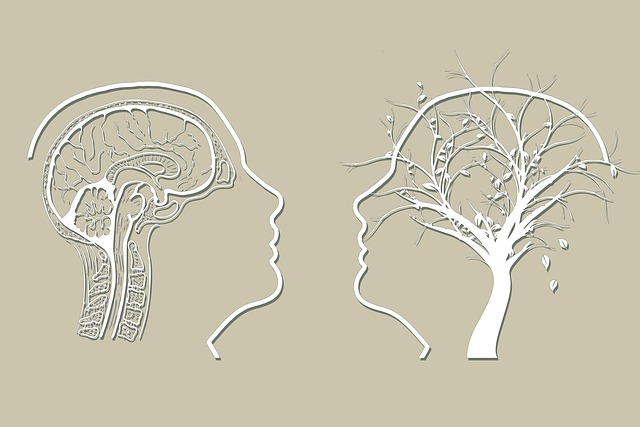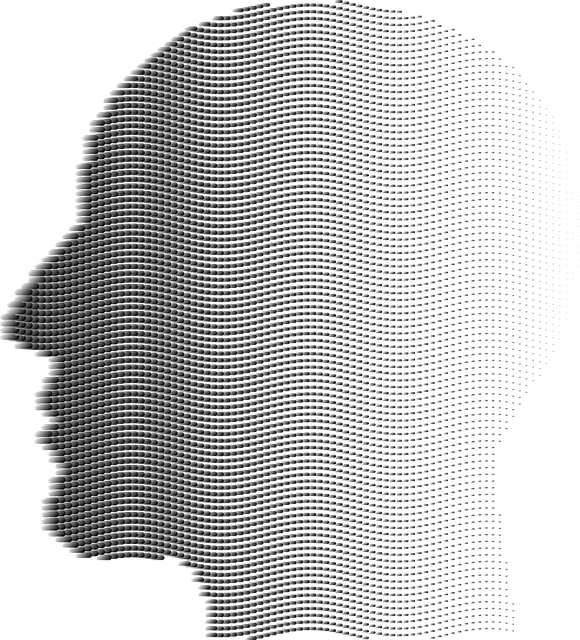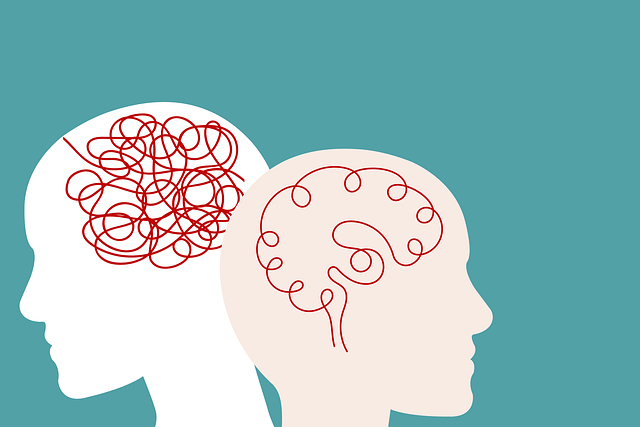Mental wellness coaching, as offered by Lafayette Eating Disorders Therapy, is a powerful alternative to traditional therapy, combining psychology, neuroscience, and life coaching techniques to help individuals manage mental health challenges like stress, anxiety, depression, and eating disorders. This holistic approach involves self-discovery, goal setting, and evidence-based strategies for long-term recovery. Tailoring programs based on age, cultural background, and individual triggers ensures effectiveness, with cultural sensitivity crucial for inclusivity. Strategic curriculum design, incorporating mindfulness, CBT, and positive psychology, empowers participants to take control of their mental wellness journey through safe spaces, self-reflection, and goal setting.
Mental wellness coaching programs have emerged as a powerful tool for personal growth, especially in addressing eating disorders like those seen in Lafayette. This article delves into the comprehensive development of such programs, offering insights on understanding mental wellness coaching, identifying target audiences, designing effective curricula, and ensuring successful implementation. By exploring these key areas, we aim to enhance the accessibility and impact of Lafayette Eating Disorders Therapy, fostering a holistic approach to mental health support.
- Understanding Mental Wellness Coaching: A Comprehensive Approach
- Identifying the Target Audience for Lafayette Eating Disorders Therapy Programs
- Designing Effective Coaching Curricula and Strategies
- Implementation and Support: Ensuring Success in Mental Health Coaching Programs
Understanding Mental Wellness Coaching: A Comprehensive Approach

Mental wellness coaching is a comprehensive approach that goes beyond traditional therapy. It involves guiding individuals in developing personalized strategies to enhance their mental health and overall well-being. This process empowers clients to take an active role in managing their mental health, fostering resilience, and achieving their personal goals. By combining various techniques from psychology, neuroscience, and life coaching, coaches help clients navigate stress, anxiety, depression, and even complex conditions like eating disorders, as seen in Lafayette Eating Disorders Therapy.
This holistic method encourages self-discovery, awareness, and the development of healthy coping mechanisms. Mental wellness coaches work collaboratively with individuals to identify areas of improvement, set achievable objectives, and create actionable plans. They employ evidence-based practices alongside creative strategies to support clients’ mental health journeys, promoting not just recovery but also long-term resilience and a higher quality of life. This comprehensive approach is especially relevant in the context of Mental Health Policy Analysis and Advocacy, as it can contribute to broader systemic changes that improve access to and effectiveness of mental wellness support.
Identifying the Target Audience for Lafayette Eating Disorders Therapy Programs

Identifying the target audience is a crucial step in designing effective Lafayette Eating Disorders Therapy programs. These programs aim to provide specialized support for individuals struggling with eating disorders, such as anorexia, bulimia, or binge eating disorder. To ensure success, coaches and therapists must consider factors like age group, cultural backgrounds, and specific triggers or challenges faced by potential clients. For instance, young adults transitioning from college or high school may require different approaches compared to middle-aged individuals dealing with work-related stress and its impact on their body image.
Cultural sensitivity in mental healthcare practice is essential here. Lafayette Eating Disorders Therapy programs should cater to the diverse needs of a varied population, taking into account cultural norms, beliefs, and practices that might influence an individual’s relationship with food and their overall mental health. Incorporating elements of burnout prevention and mental health education programs design can further enhance these therapies’ effectiveness, empowering individuals to develop healthy coping mechanisms and fostering long-term recovery.
Designing Effective Coaching Curricula and Strategies

Developing a comprehensive mental wellness coaching program requires a thoughtful approach to curriculum design. Coaches should start by setting clear objectives and identifying the specific areas where individuals seek support, such as stress management, anxiety reduction, or eating disorder recovery, like those offered by Lafayette Eating Disorders Therapy. Customizing the curriculum to cater to diverse needs ensures engagement and effectiveness. Incorporating evidence-based techniques and strategies is paramount; this could include mindfulness exercises, cognitive-behavioral therapy (CBT) principles, or positive psychology interventions.
A well-rounded coaching program should also address cultural sensitivity in mental healthcare practice, promoting inclusivity and ensuring that all participants feel understood and supported. Building confidence is another key aspect; coaches can facilitate this by creating a safe space for exploration, encouraging self-reflection, and celebrating progress. Strategies like goal setting, action planning, and providing practical tools can empower individuals to take charge of their mental wellness journey.
Implementation and Support: Ensuring Success in Mental Health Coaching Programs

Implementing mental wellness coaching programs requires a structured approach to ensure success and positive outcomes for participants. At Lafayette Eating Disorders Therapy, we understand that effective coaching goes beyond mere guidance; it involves creating a supportive environment where individuals can explore their mental health journeys. This includes providing resources like Mental Wellness Journaling Exercises to encourage self-reflection and personal growth.
Cultural sensitivity is an integral aspect of successful mental healthcare practices. Coaches must be adept at navigating diverse backgrounds, beliefs, and experiences to foster trust and open communication. By integrating Cultural Sensitivity in Mental Healthcare Practice, we aim to make coaching programs inclusive and accessible, catering to the unique needs of each individual. This holistic approach ensures that participants not only achieve their goals but also develop sustainable coping mechanisms tailored to their personal narratives.
Mental wellness coaching programs, such as those offered through Lafayette Eating Disorders Therapy, have proven to be transformative resources. By understanding the comprehensive approach of coaching, identifying specific target audiences, designing tailored curricula, and ensuring proper implementation and support, these programs can effectively foster mental health and well-being. This structured and empathetic method not only enhances individual growth but also contributes to a more supportive and resilient community overall.














